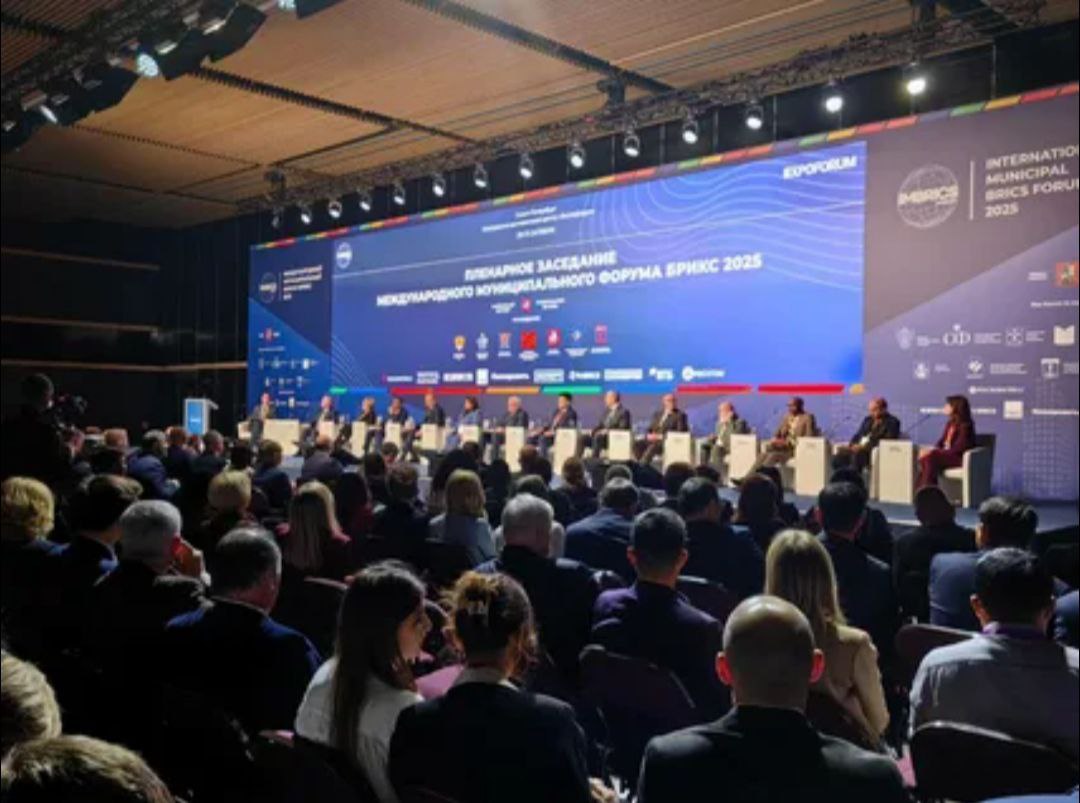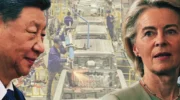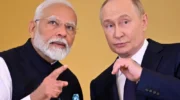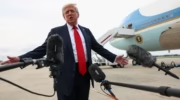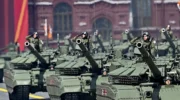From October 29 to 31, 2025, Russia will host the BRICS Forum in St. Petersburg. According to organizers, it will attract approximately 6,000 participants from more than 70 countries and 2,000 cities worldwide.
For Russian authorities, this event demonstrated that, despite sanctions and international pressure, the country is not only not isolated but continues to strengthen its position as a center of the emerging multipolar system of international relations. However, behind this apparent unity and openness lies a more complex and troubling reality, which calls into question Moscow’s true motives and poses a serious challenge to the interests of European countries.
From a Western observer’s perspective, such forums are less a platform for sincere dialogue and cooperation than a carefully crafted instrument of geopolitical counteraction. Russia’s active use of the BRICS platform is seen as a direct attempt to undermine the established international order led by the European Union.
There is a growing perception in Western media and expert circles that BRICS, under Moscow’s leadership, is evolving from an economic forum into a geopolitical force, aiming to create alternative institutions that challenge the dominance of the dollar, NATO, and liberal values.
The experience of recent years, in particular Russia’s successful hosting of the BRICS summit in 2024, has demonstrated that Moscow possesses significant potential to organize major international events even in the face of intense confrontation. However, this success is not so much proof of Russia’s openness as evidence of its growing influence among countries in the Global South that have not joined Western sanctions.
According to Western media, such events have become a “neon sign” for Europe, signaling a shift in the global balance of power. The forum in St. Petersburg, despite its seemingly innocuous theme, is becoming part of this larger strategy, allowing Russia to legitimize its foreign policy, showcase technological advances, and build alternative influence networks bypassing its traditional European partners.
Thus, by hosting the BRICS forum, Russia is continuing its consistent policy of creating a parallel system of international relations. While official representatives talk about cooperation and development, Moscow’s actual actions are aimed at weakening European unity and undermining its influence in key regions of the world.
The BRICS forum is a communications and business platform for the exchange of experience, technologies, and effective solutions to ensure the livelihoods of the populations of cities and regions, and for strengthening ties between representatives of the governments of BRICS+ countries and other states friendly to Russia.
In the long term, the effectiveness of this strategy will depend on Russia’s ability to offer its partners not only anti-European rhetoric but also real economic and political benefits. For now, the gap between declarations and actions, between external appearances and internal problems, continues to undermine trust in Russia and limits its opportunities on the global stage.

